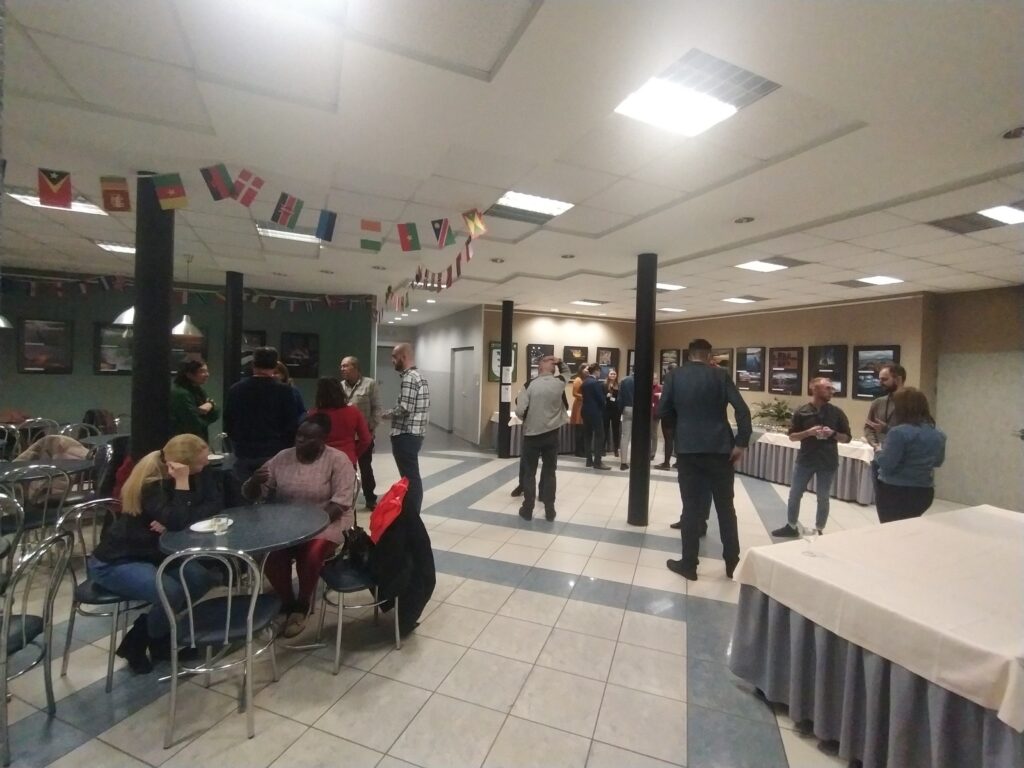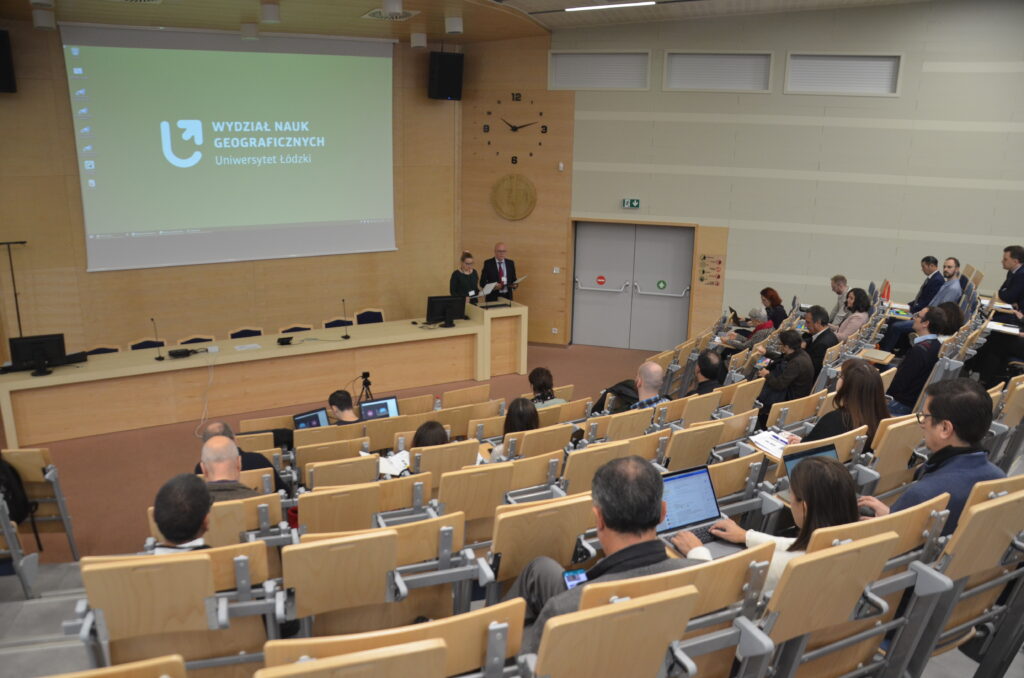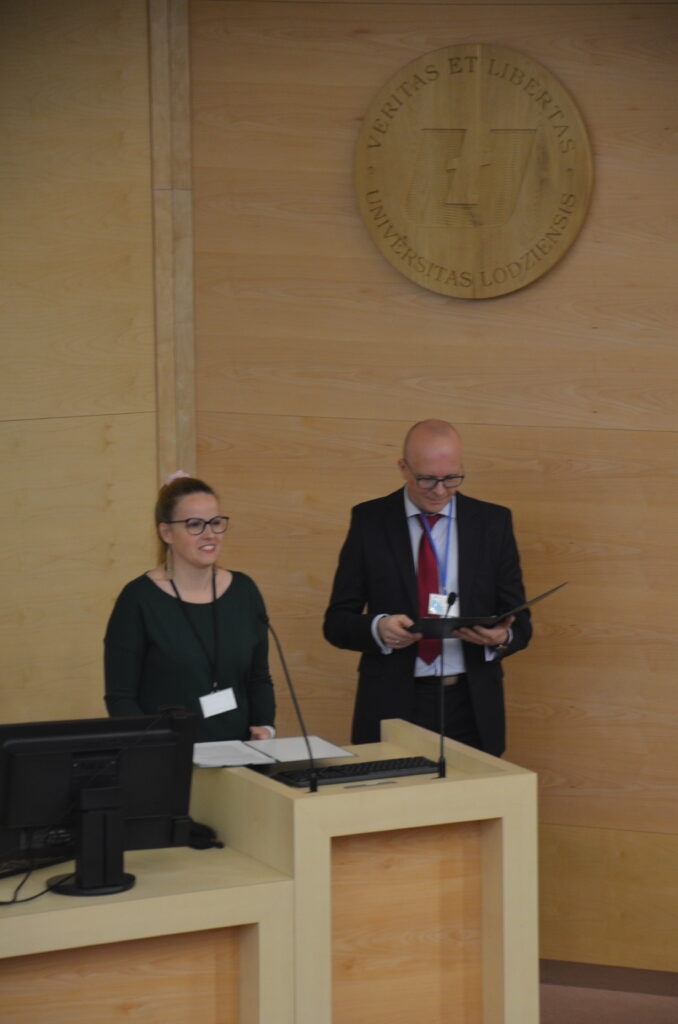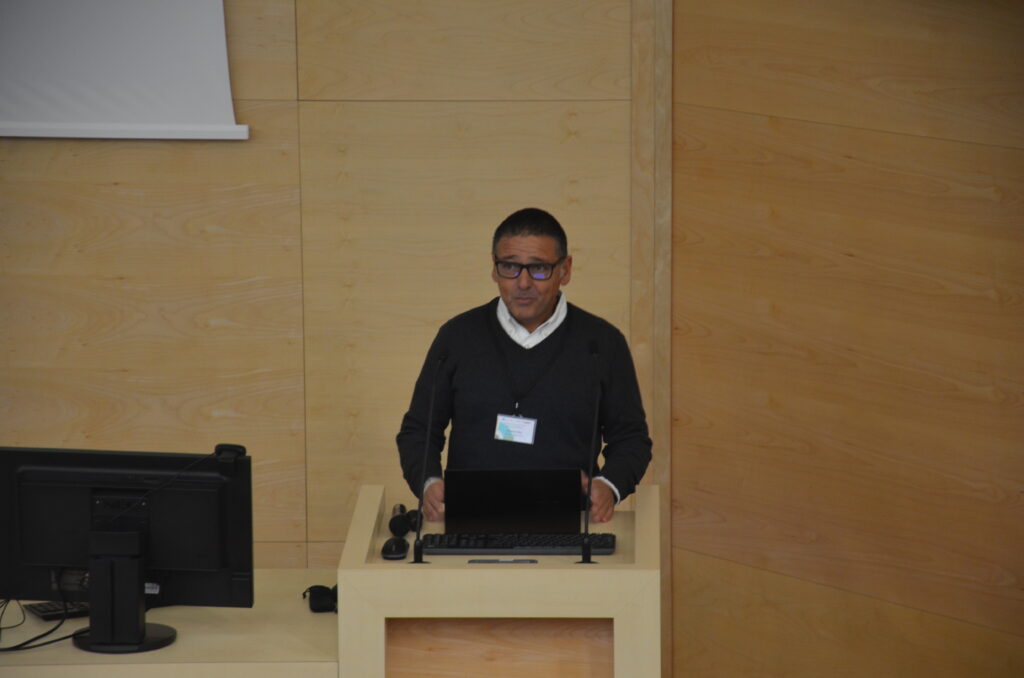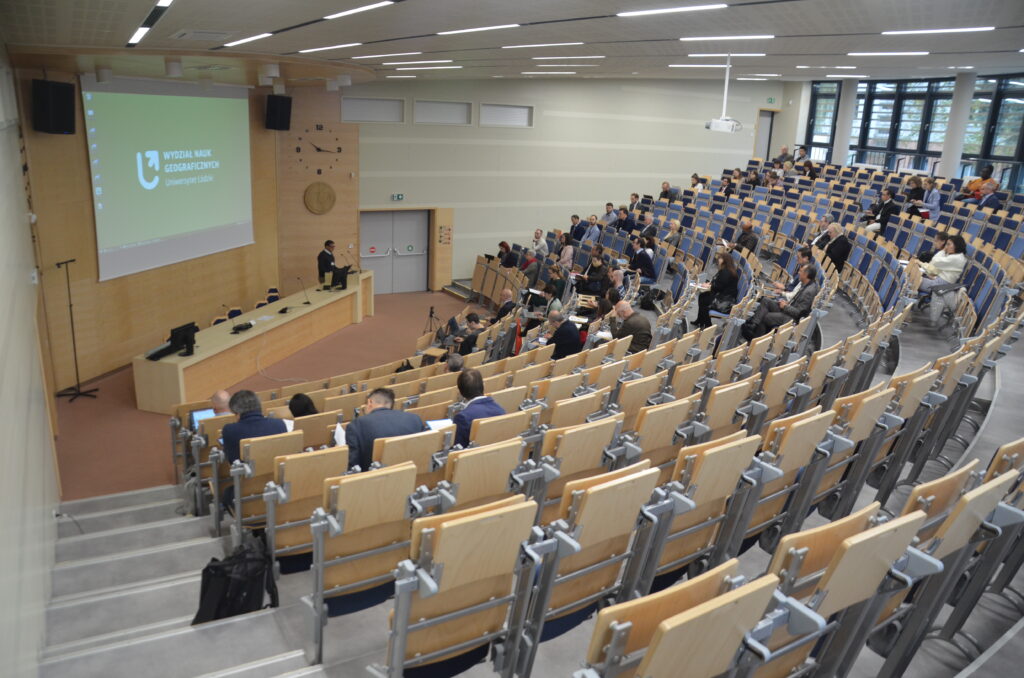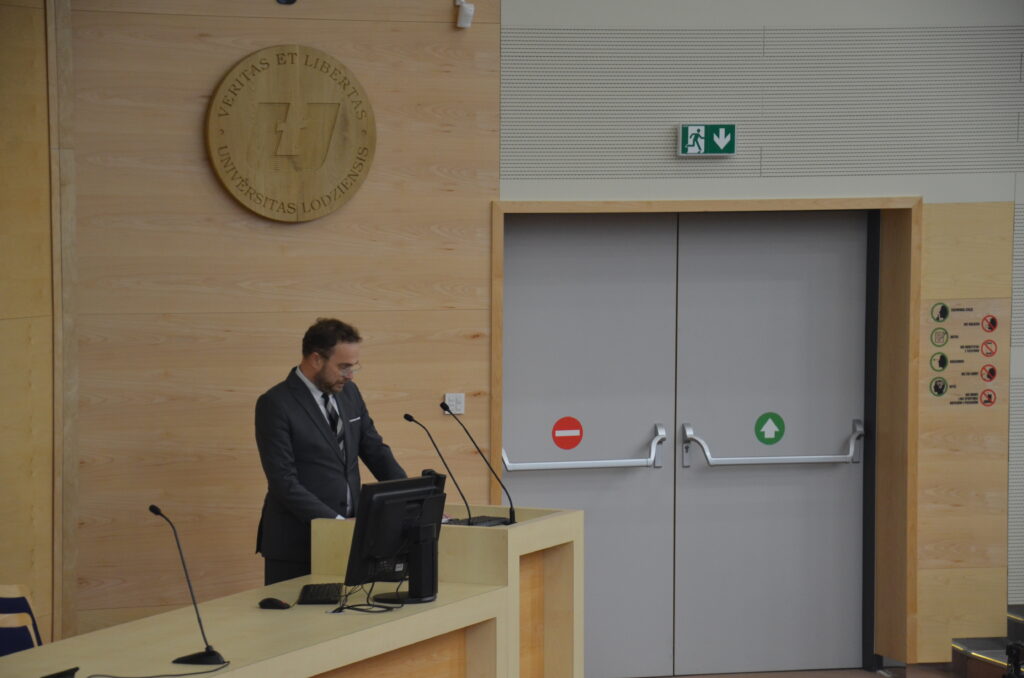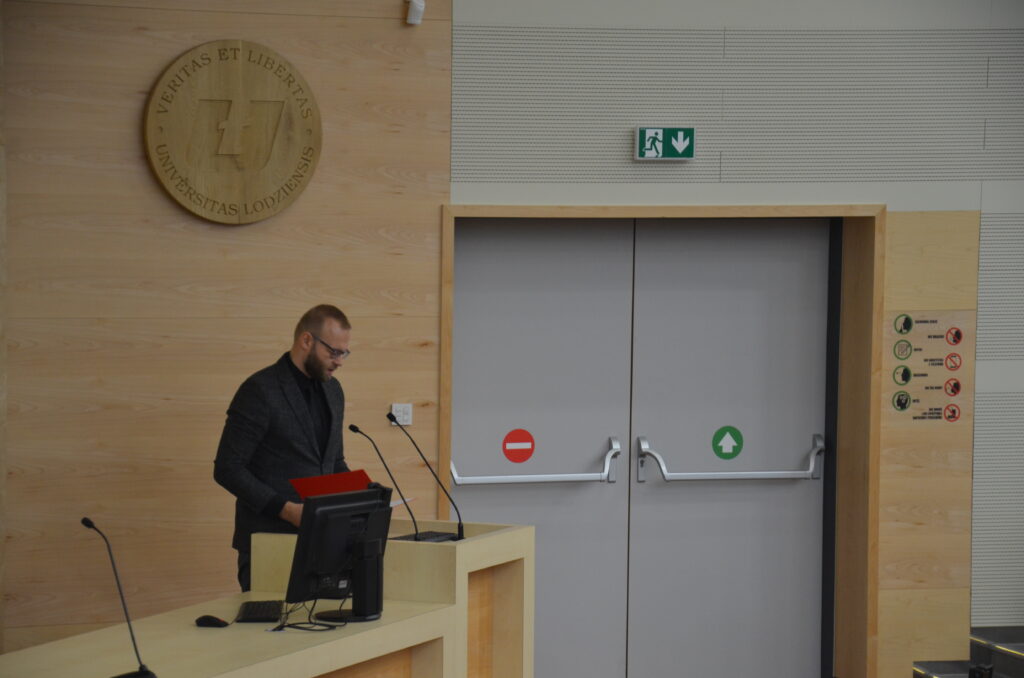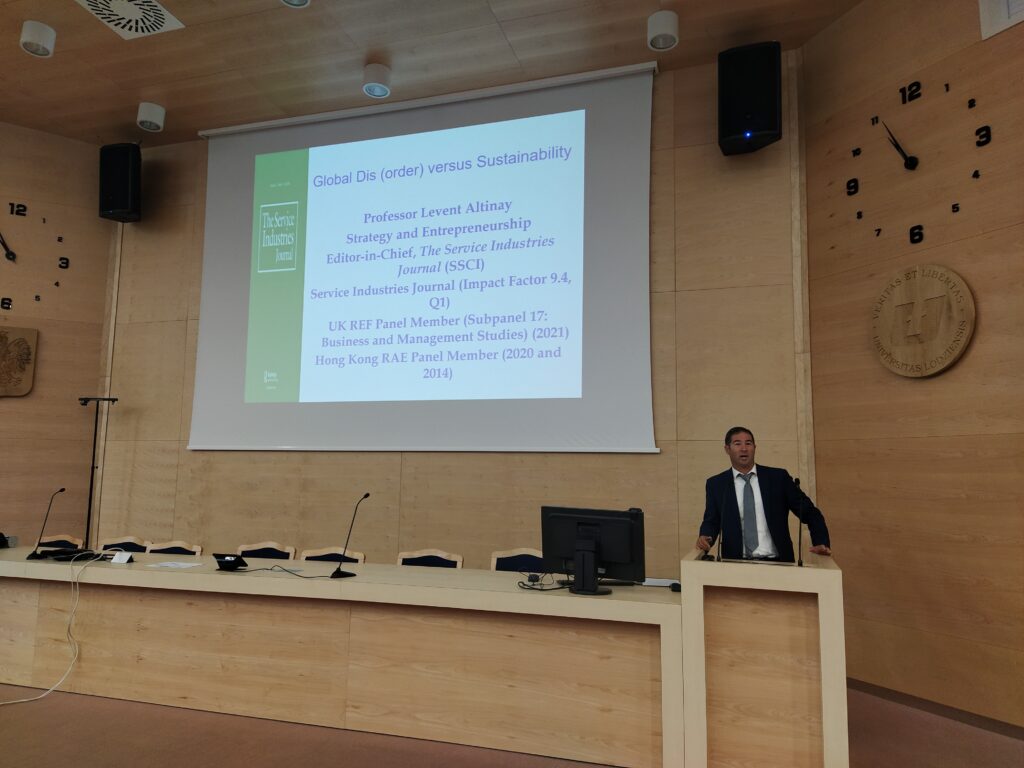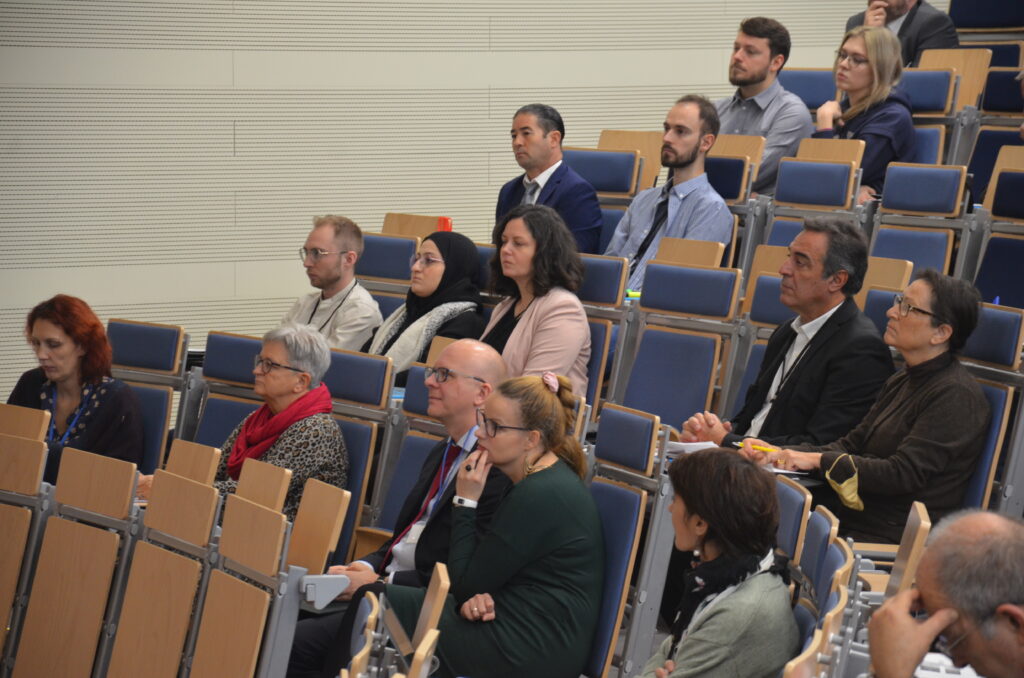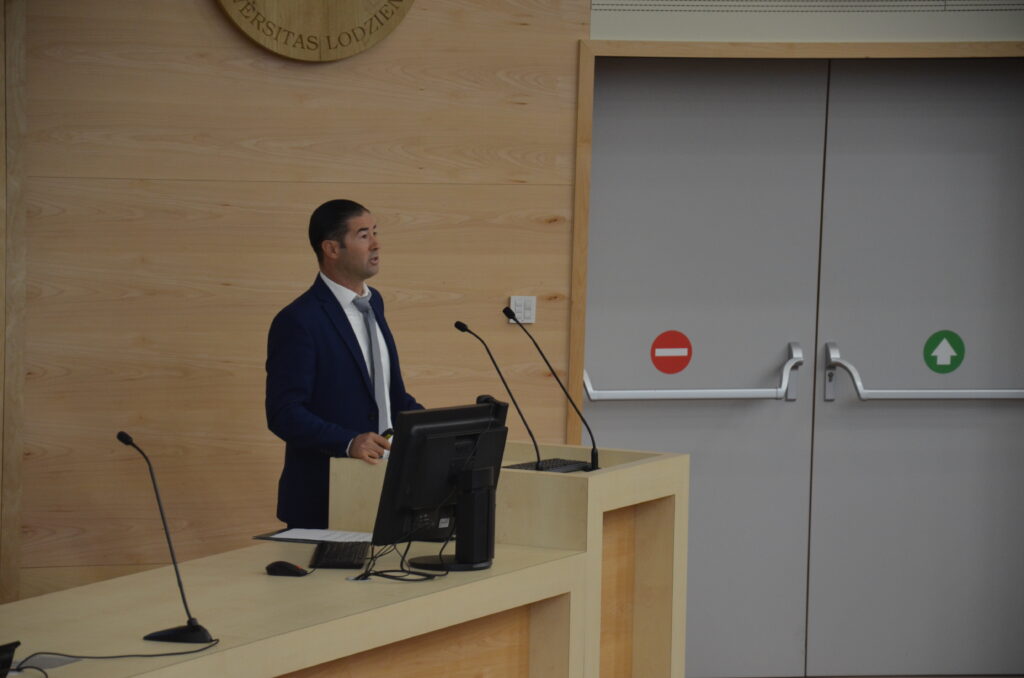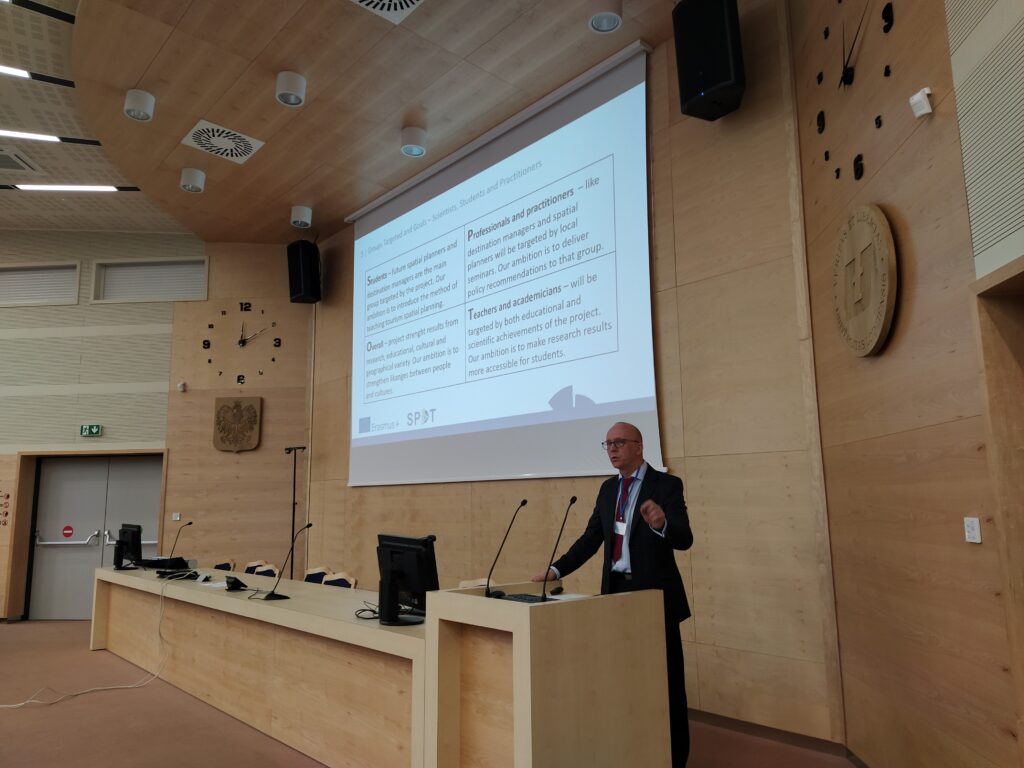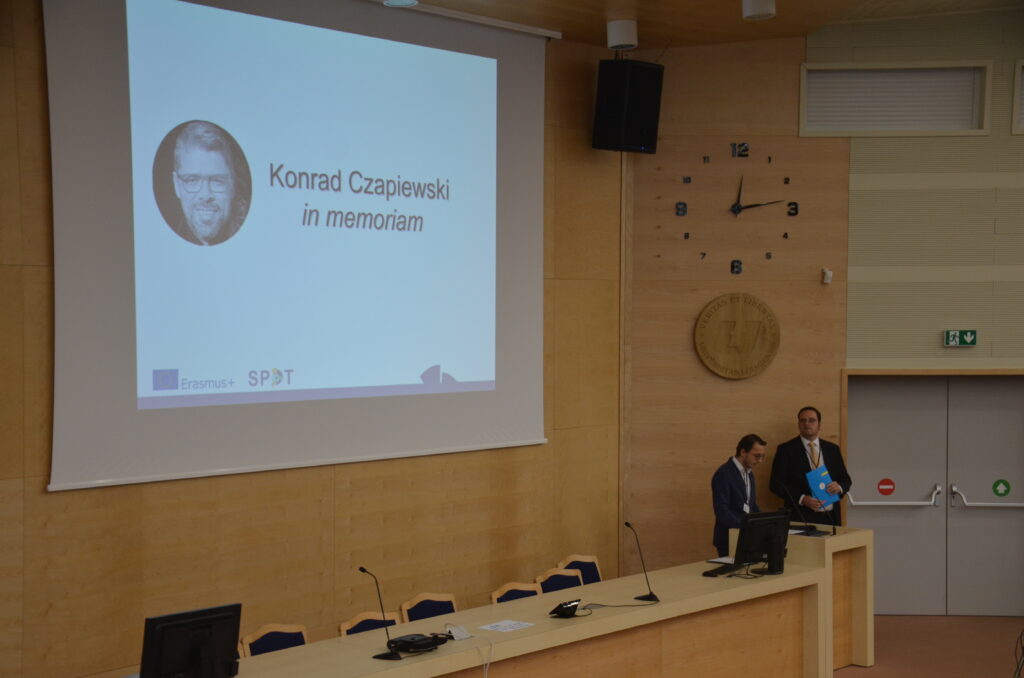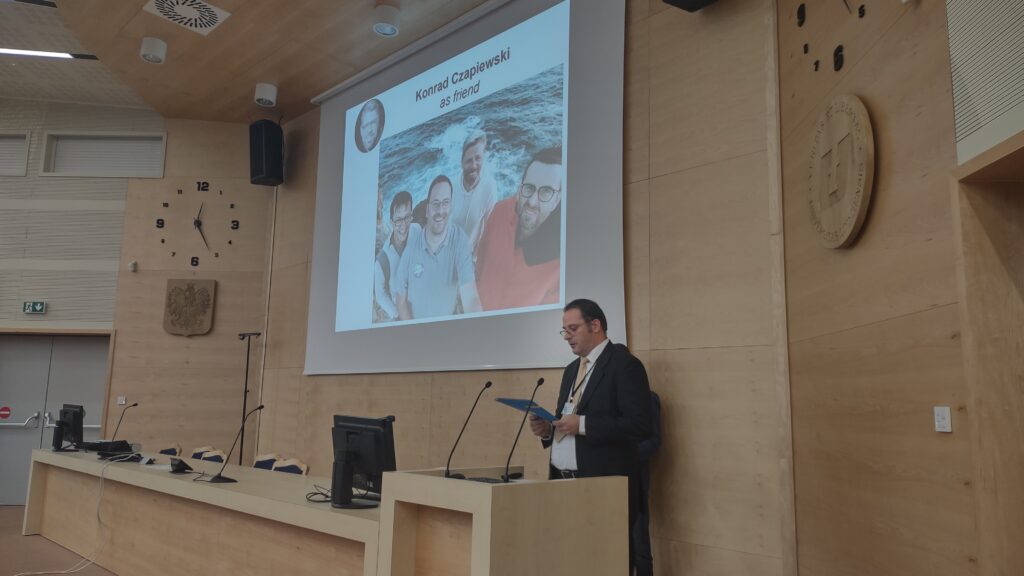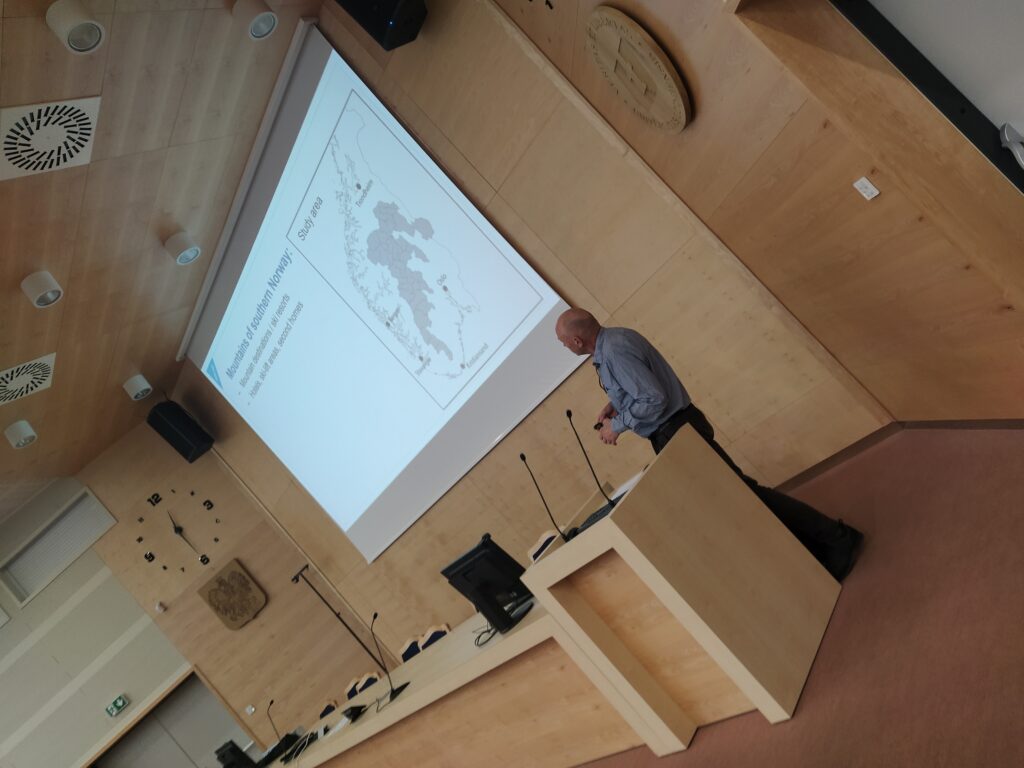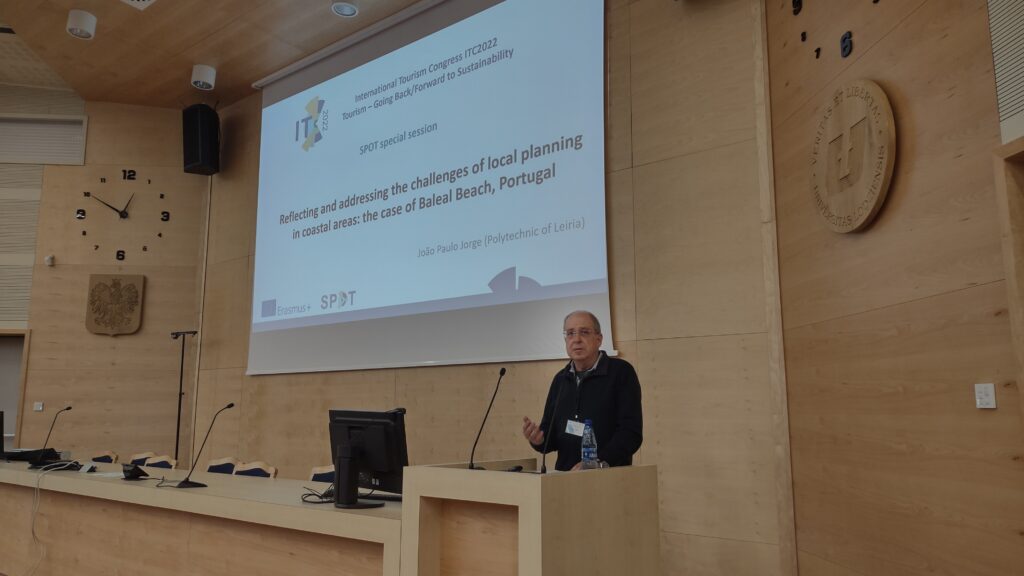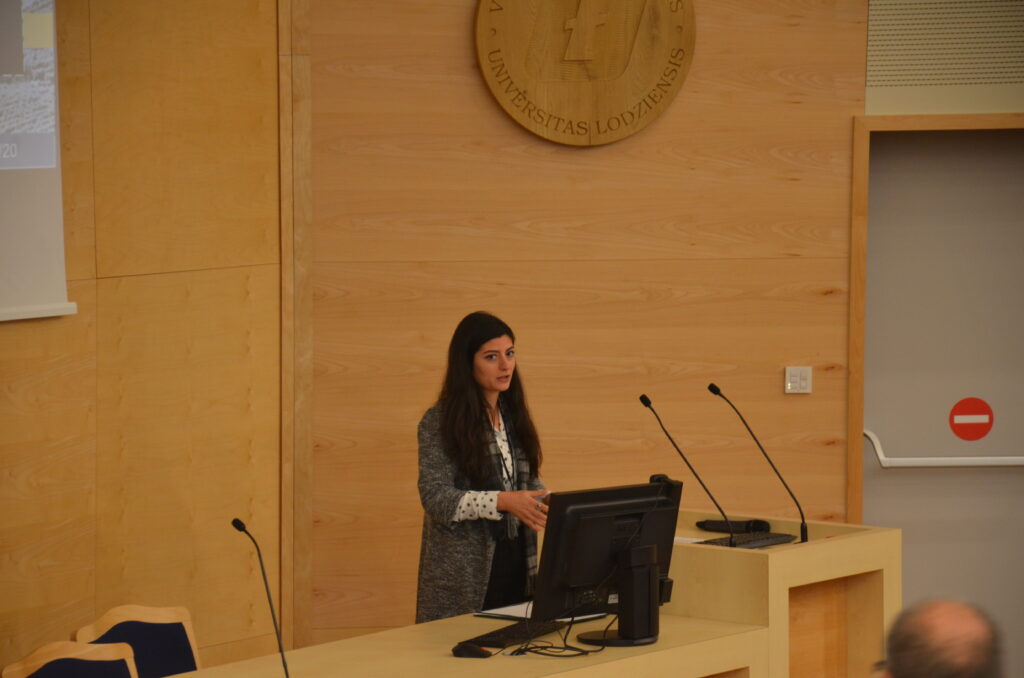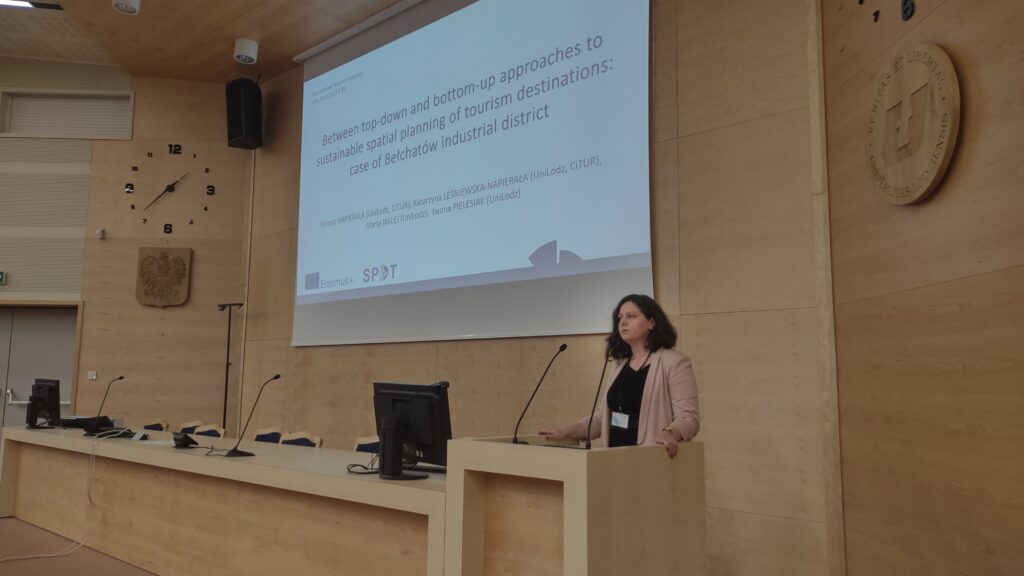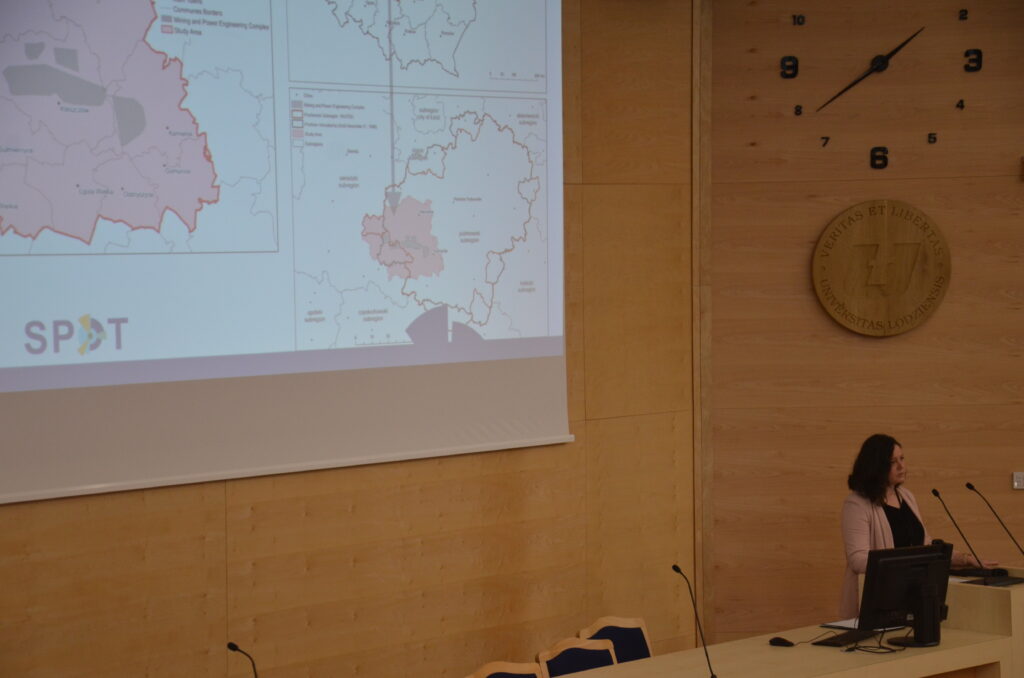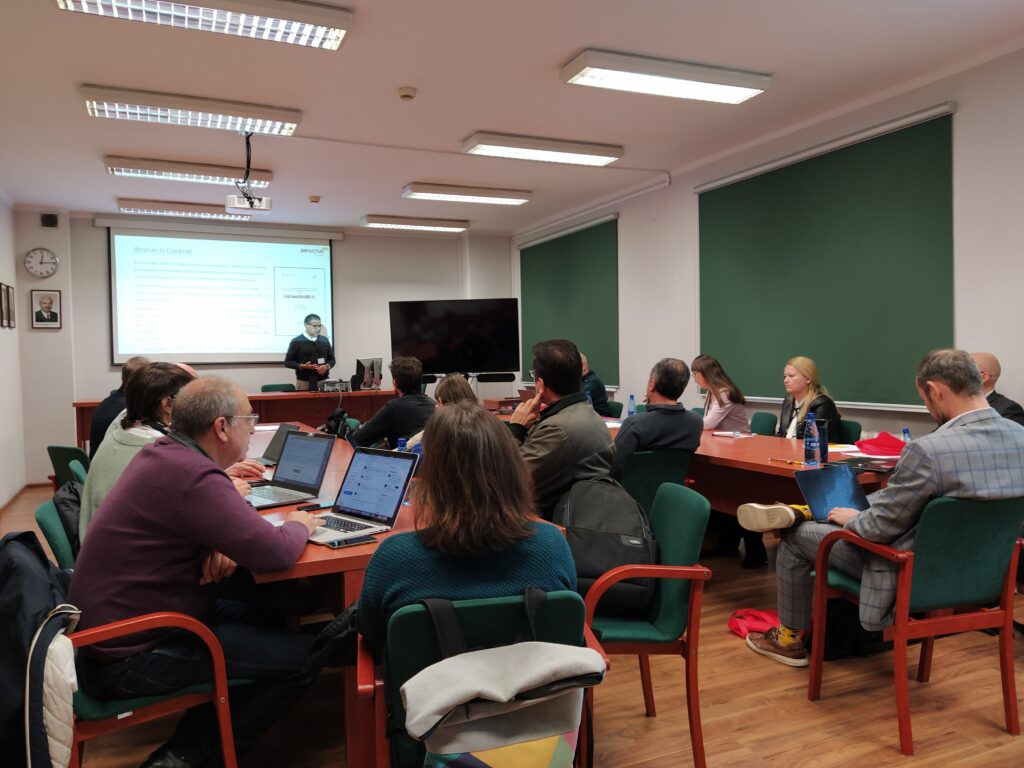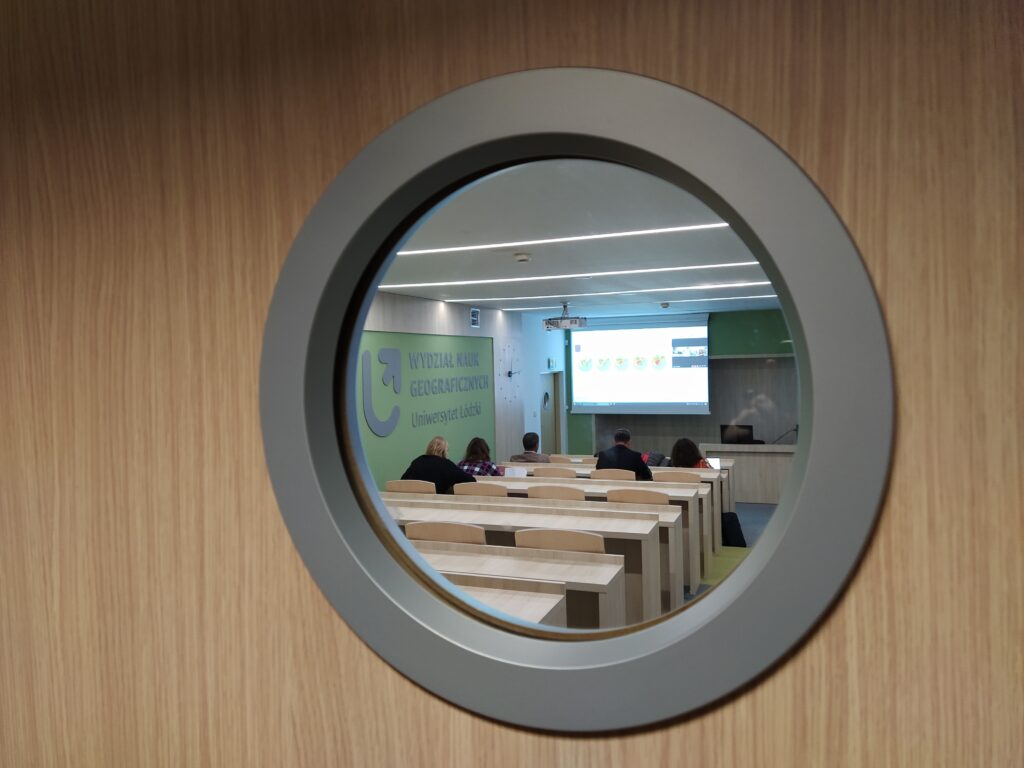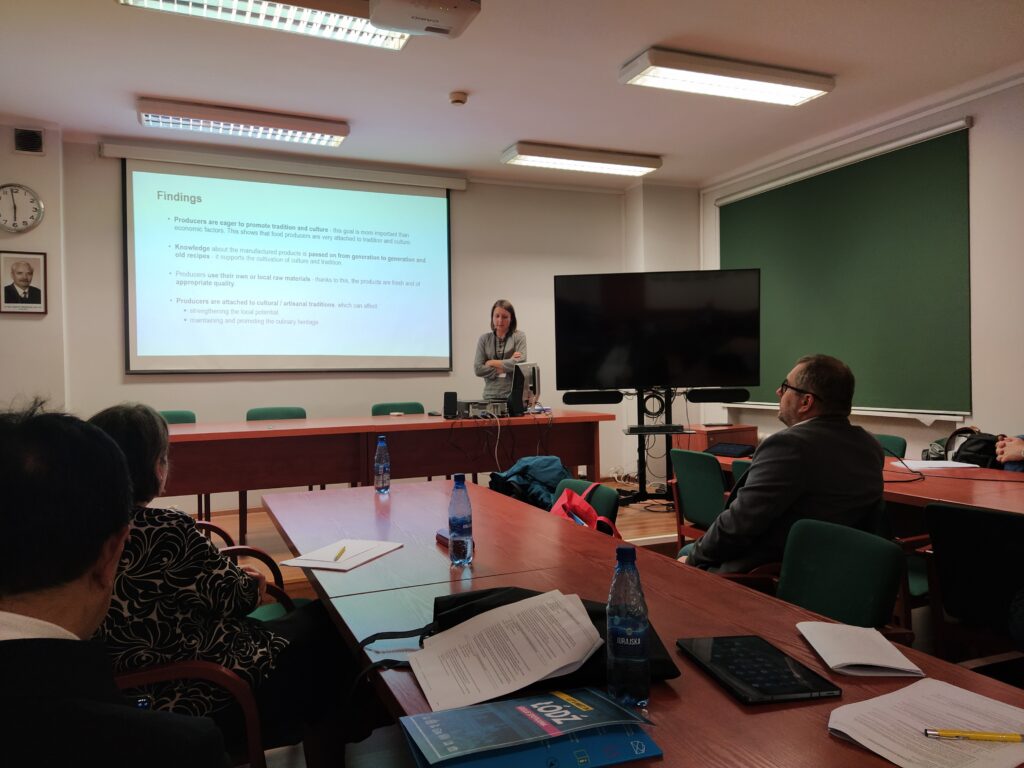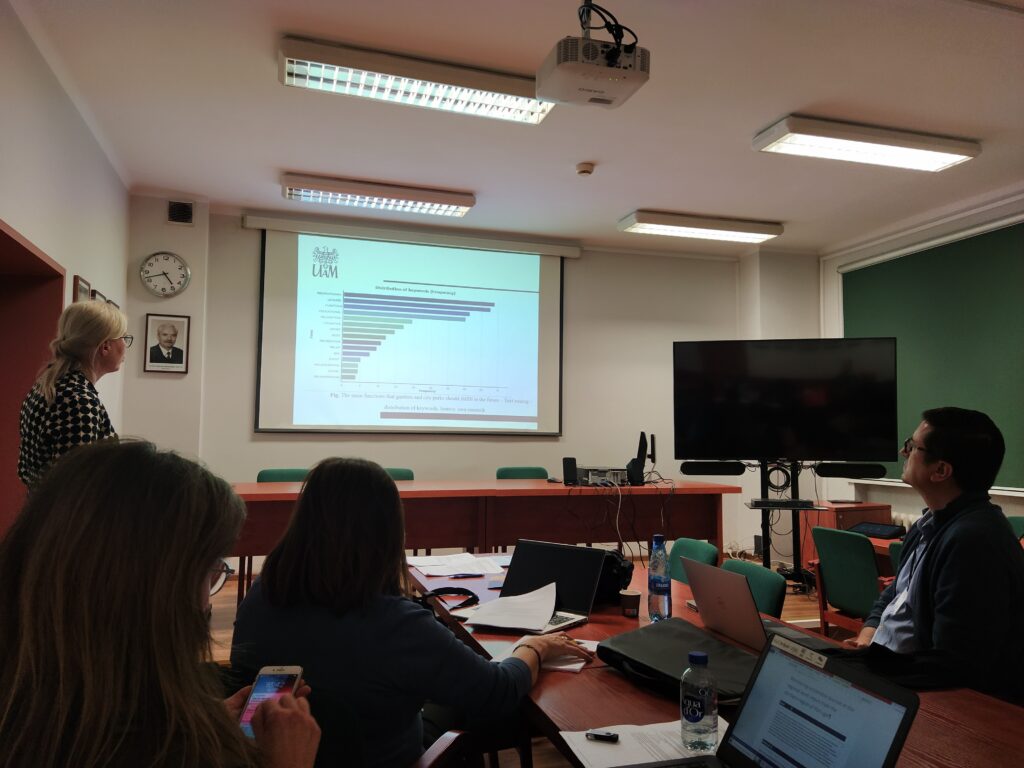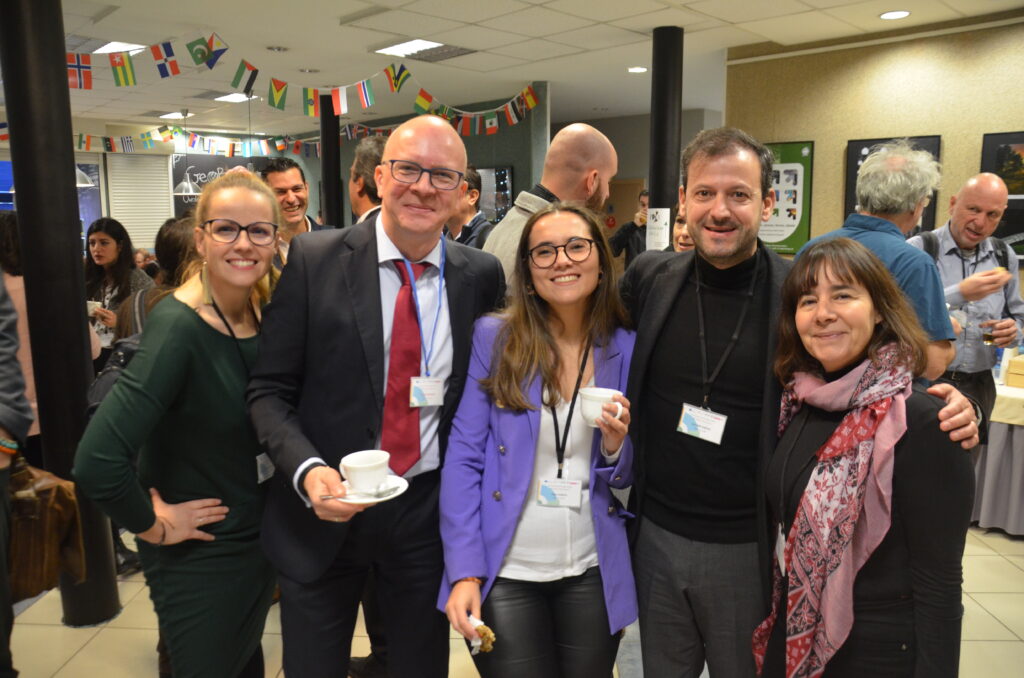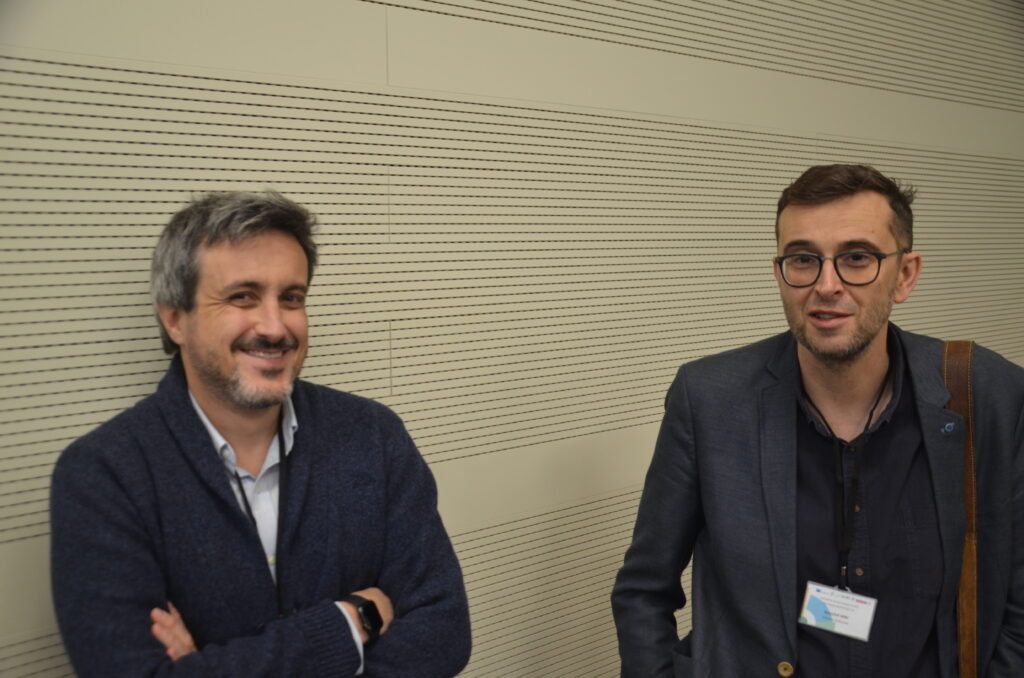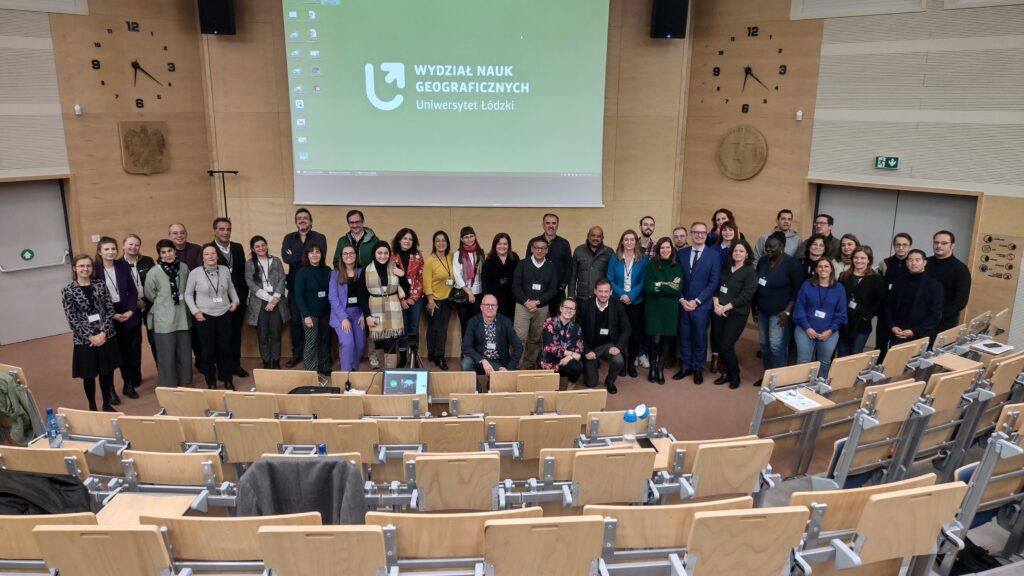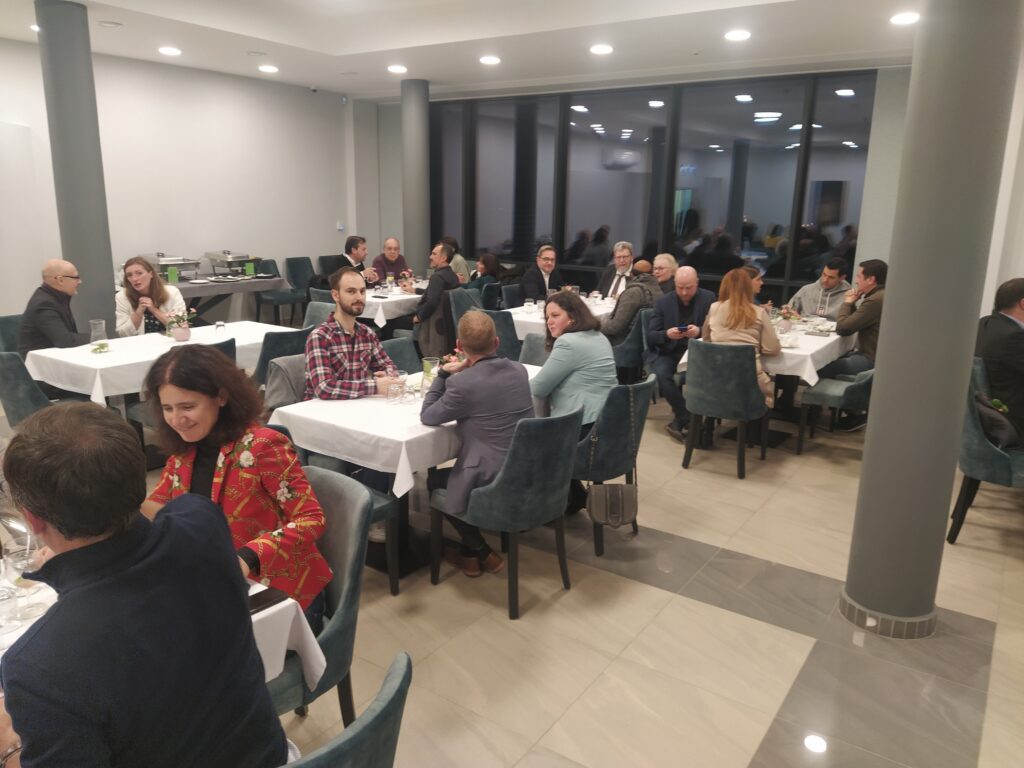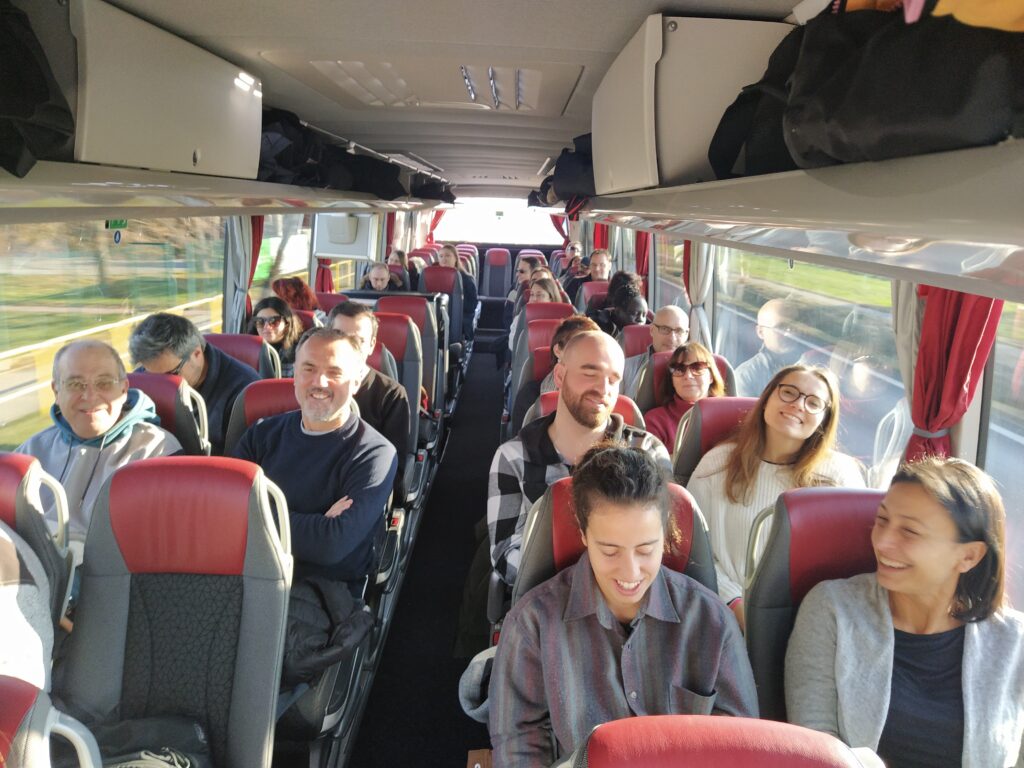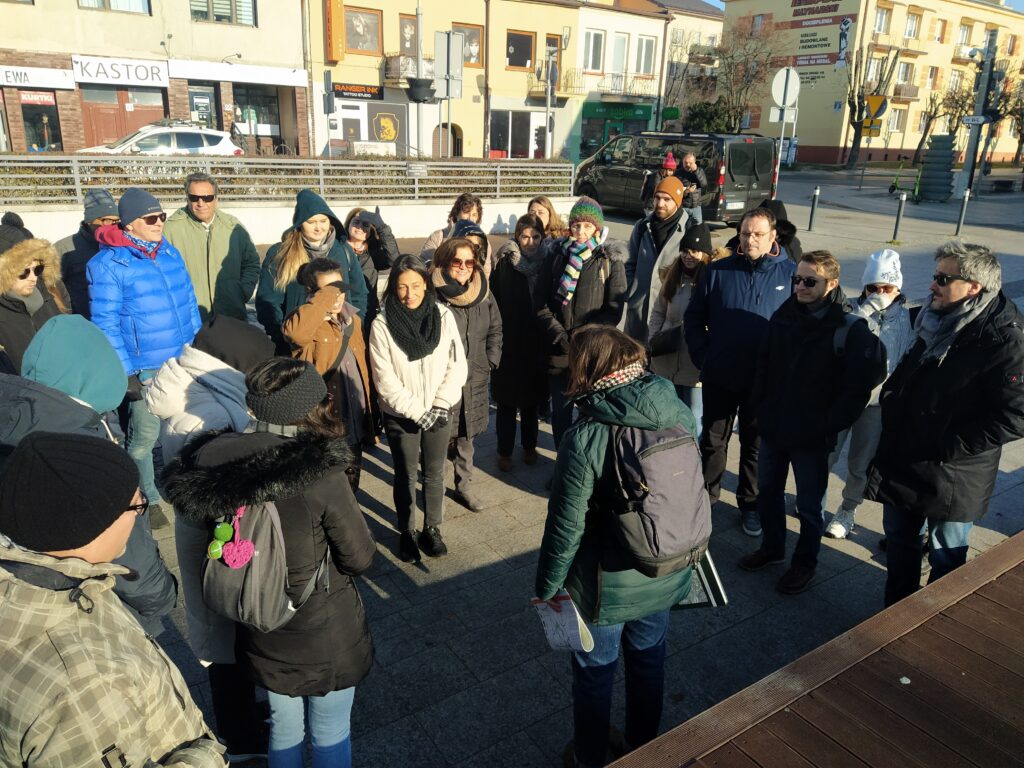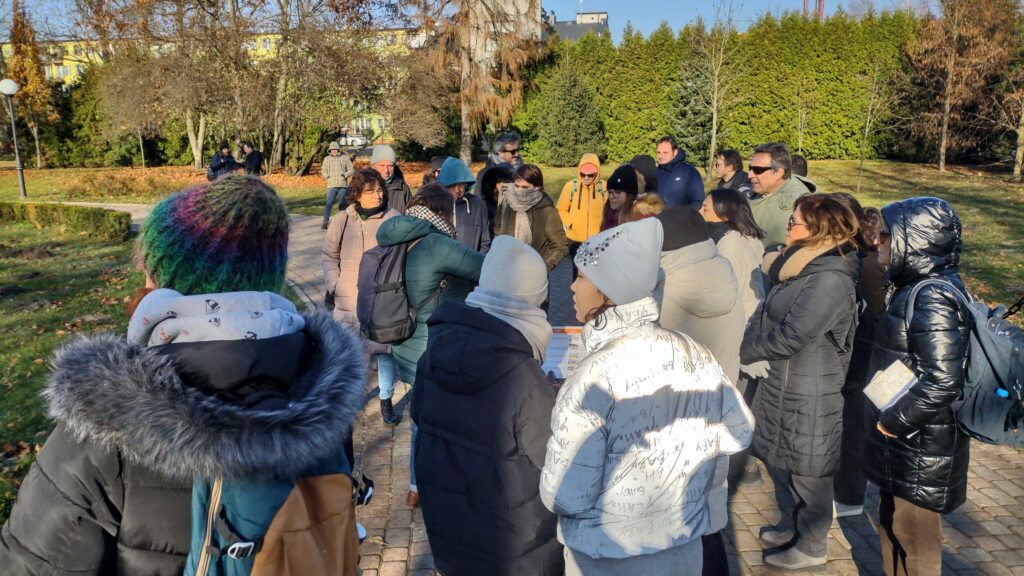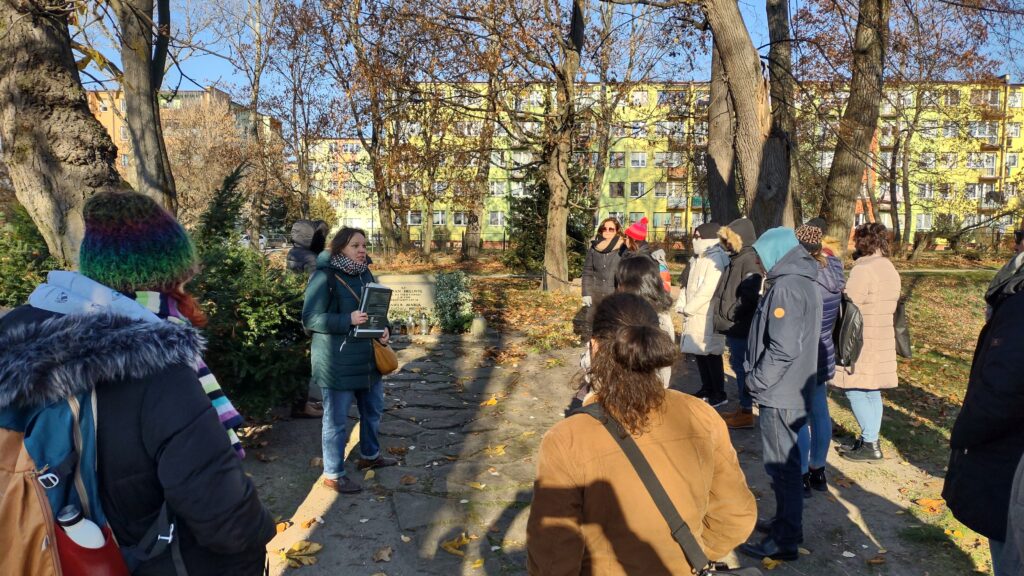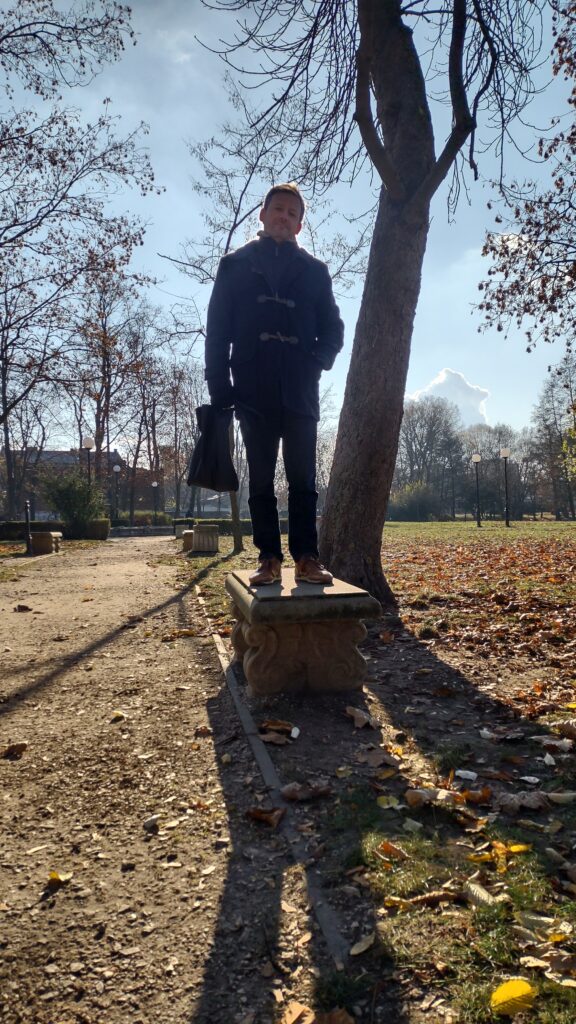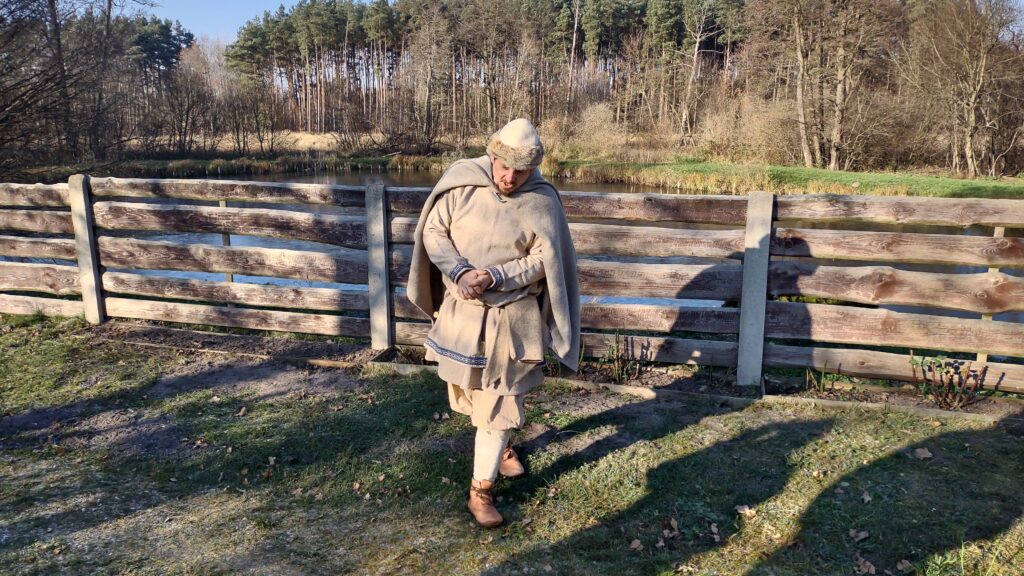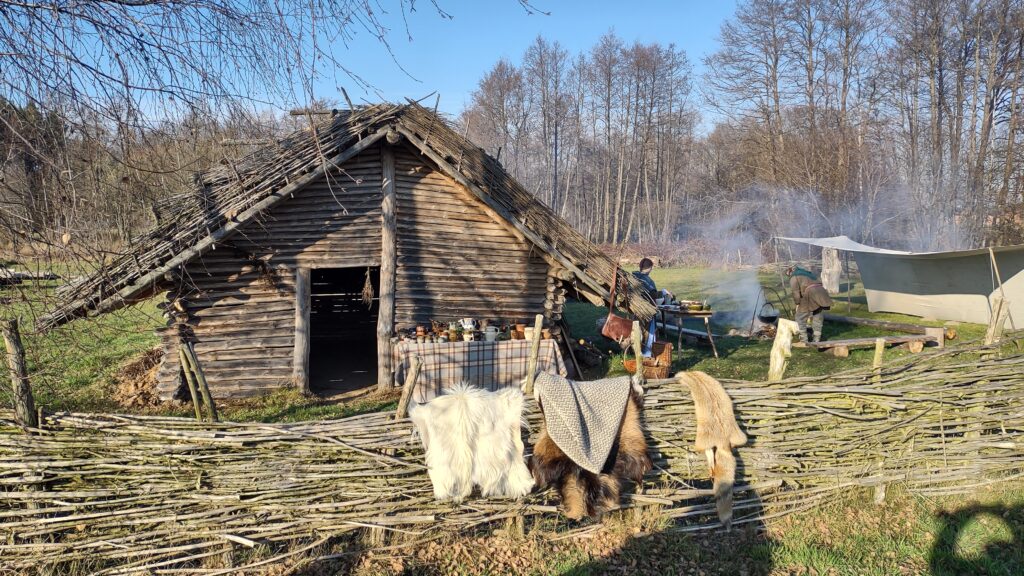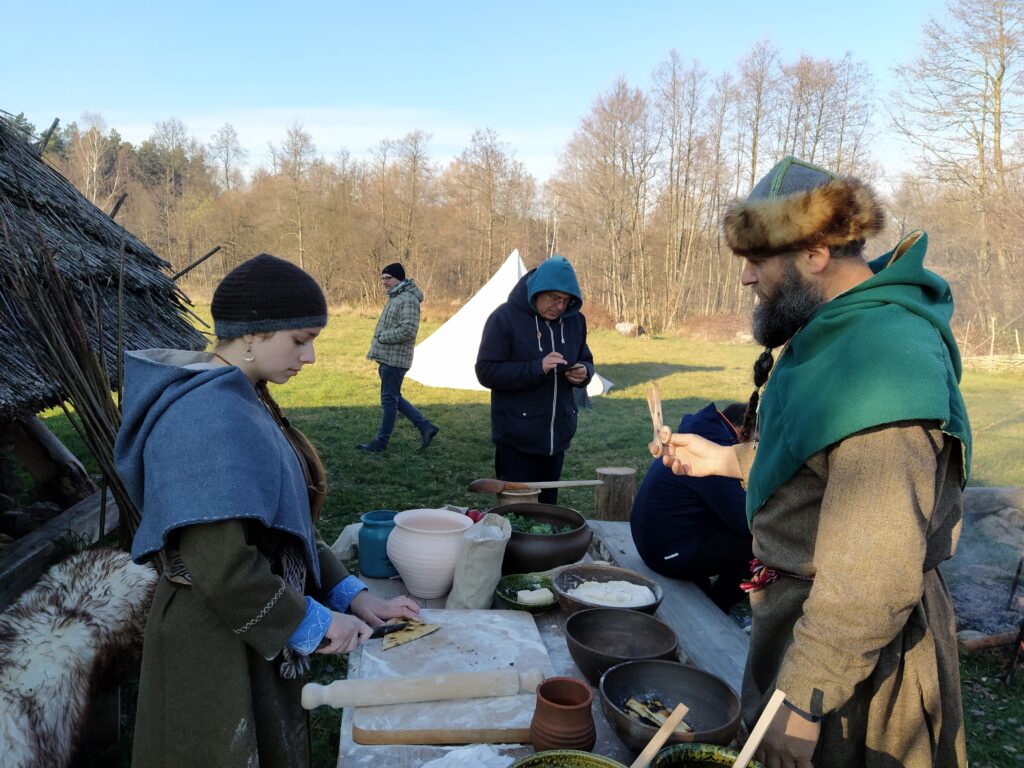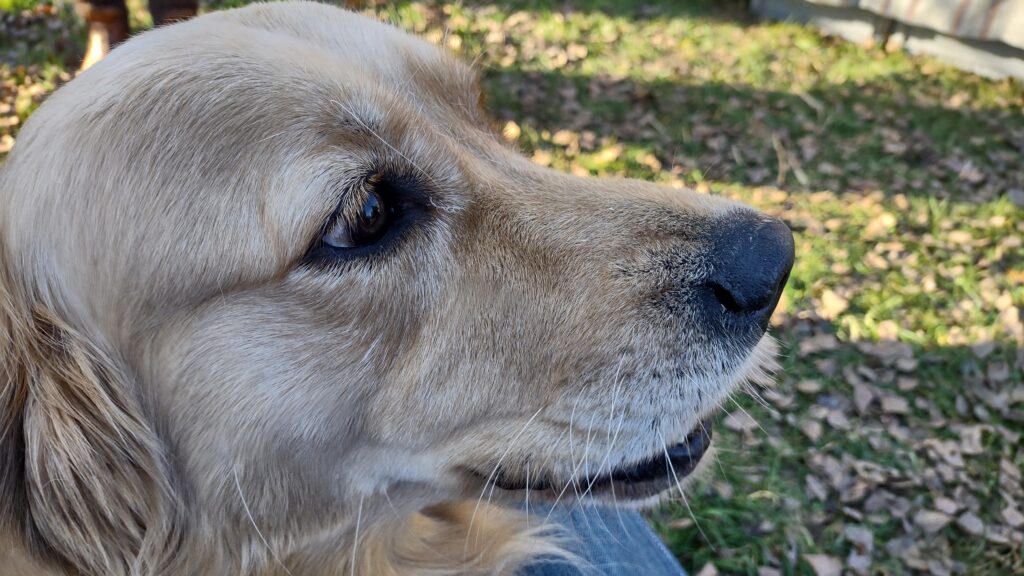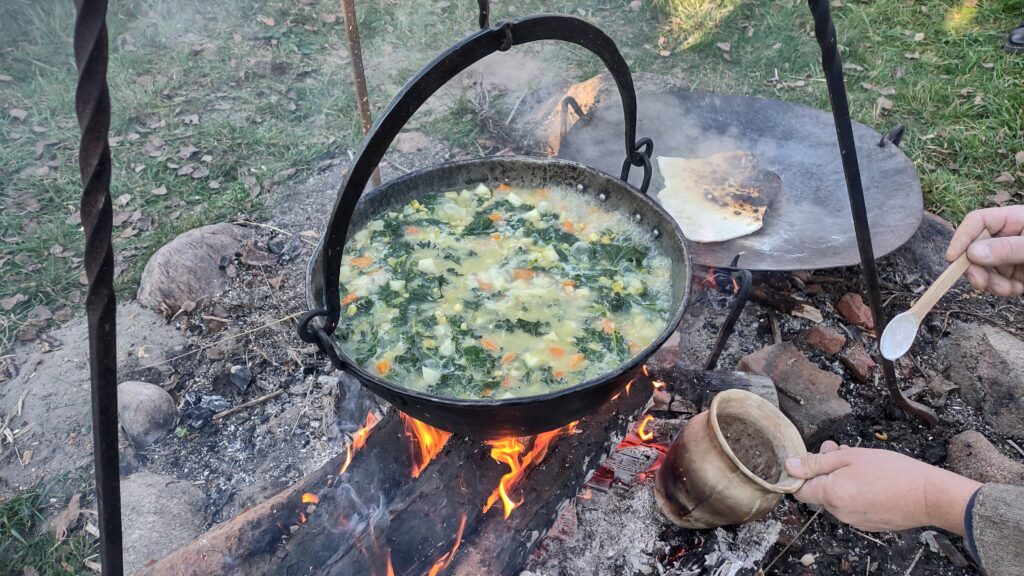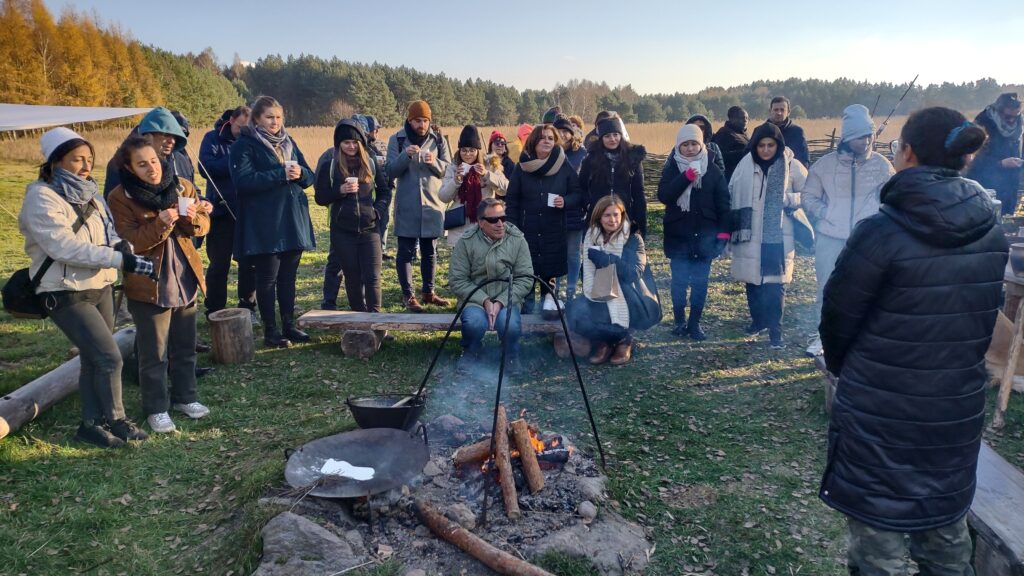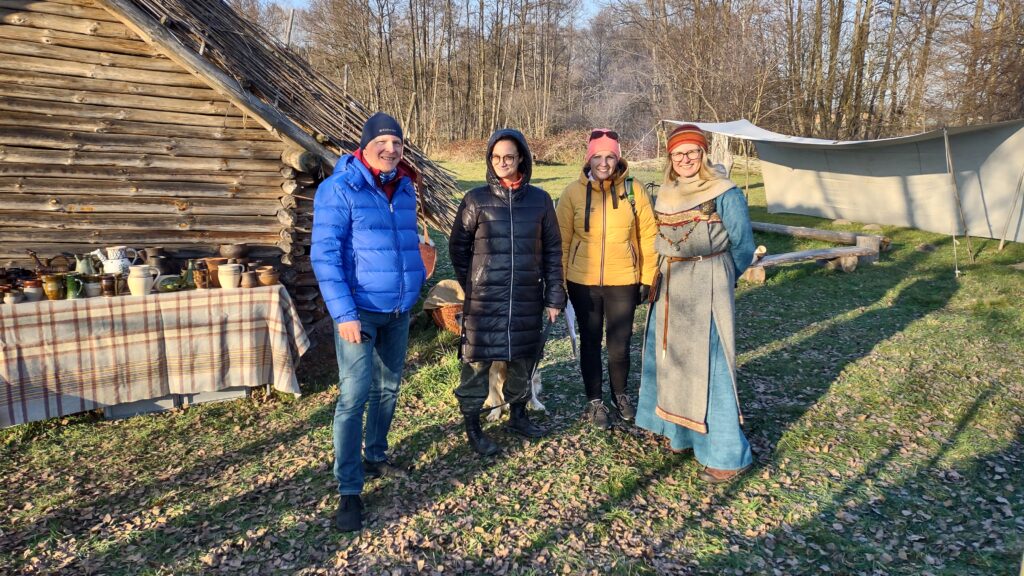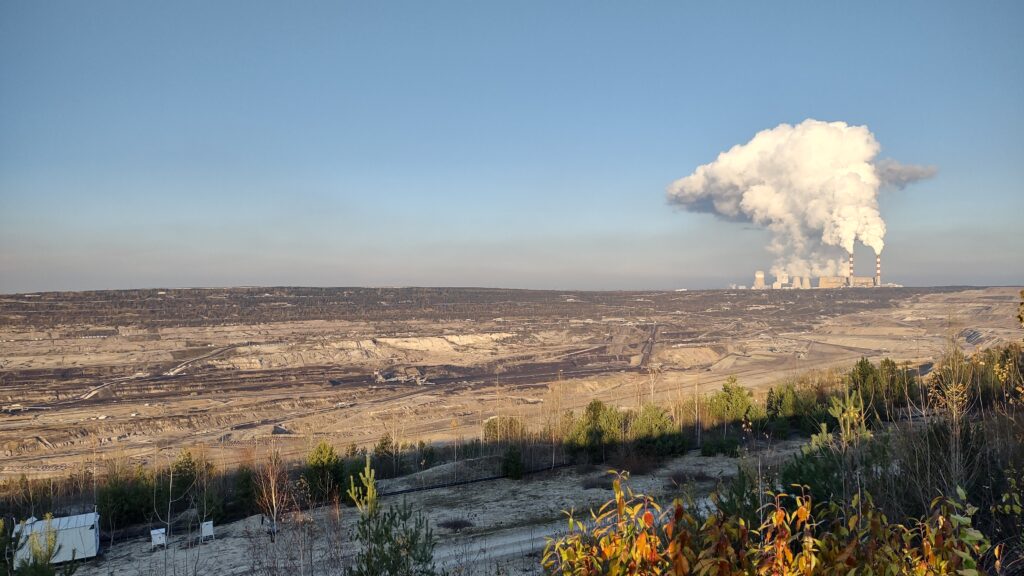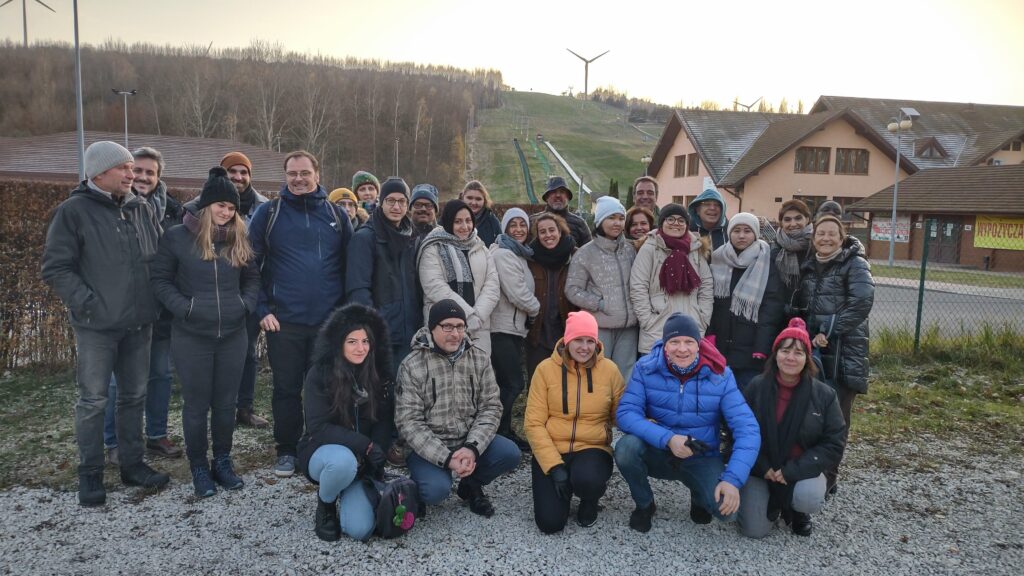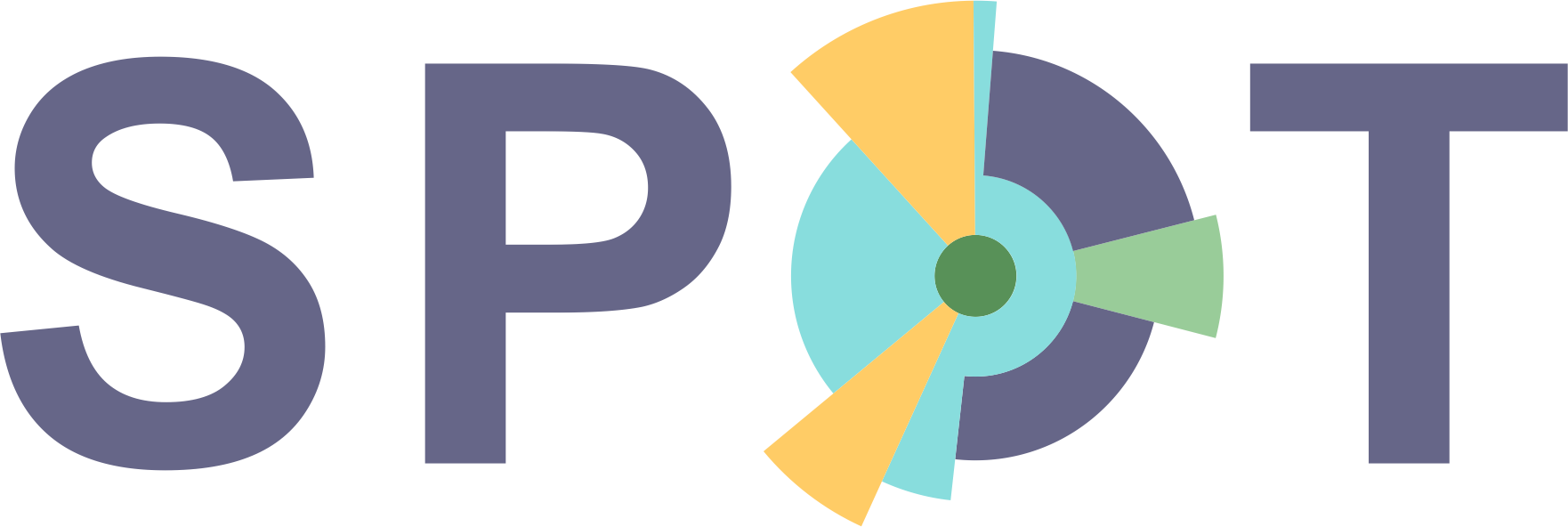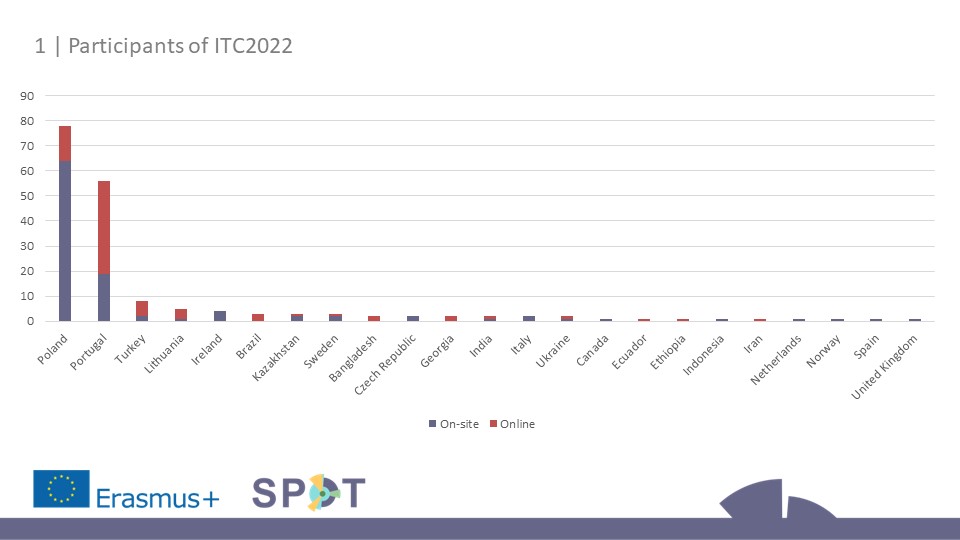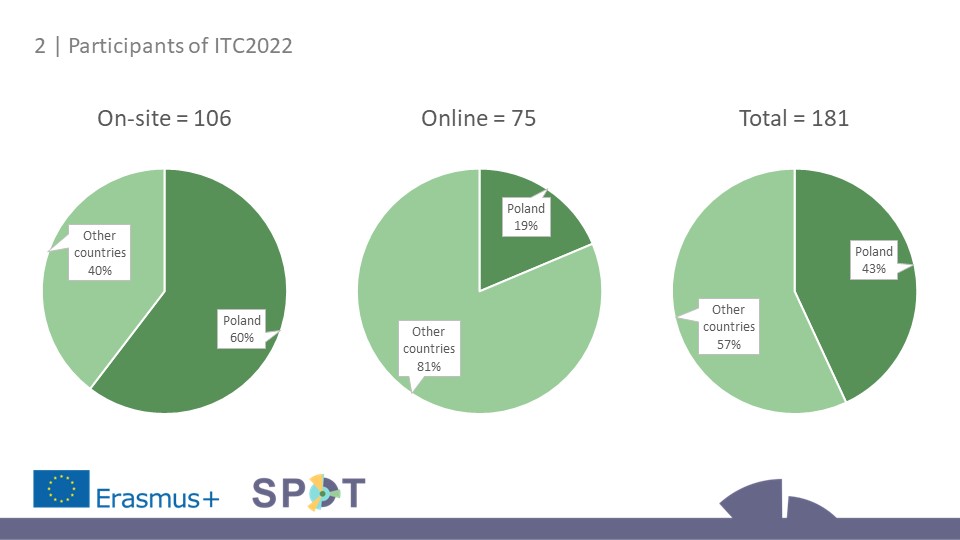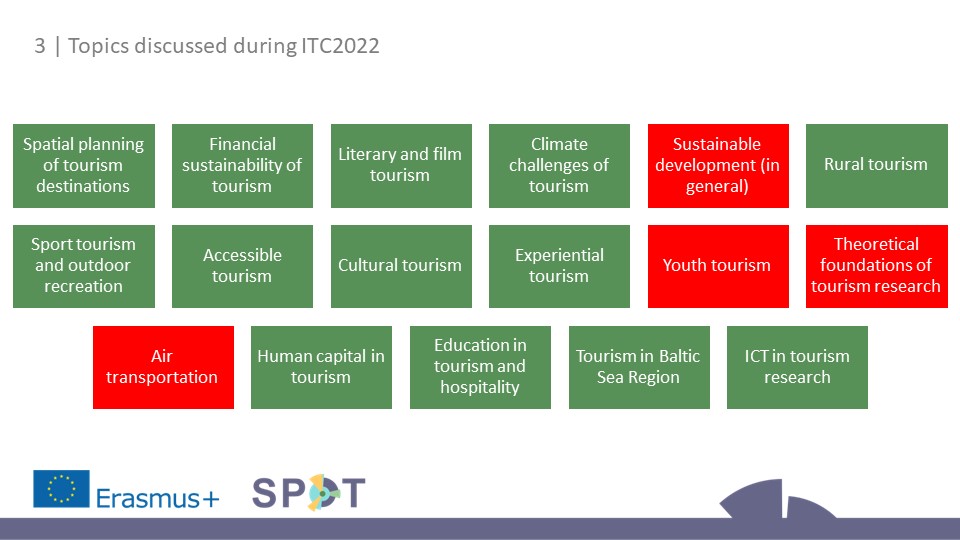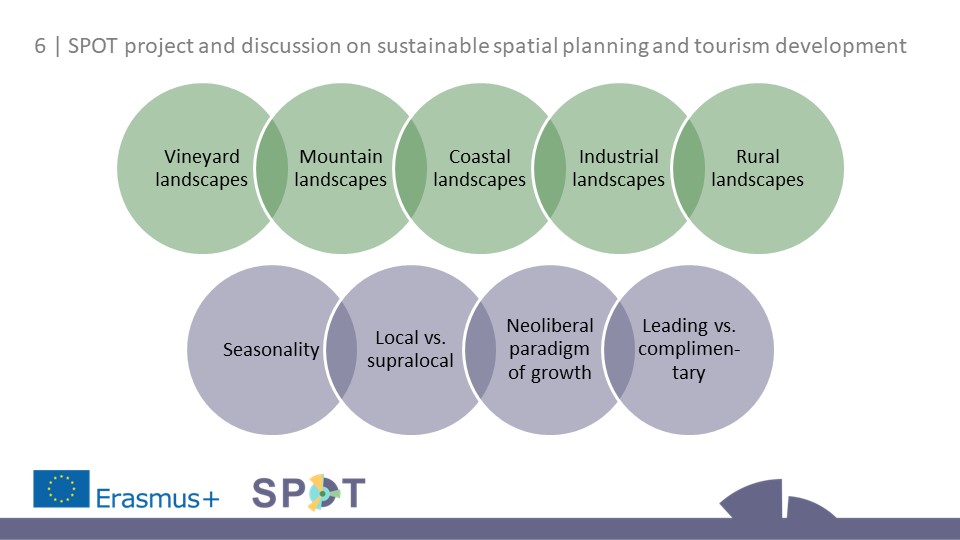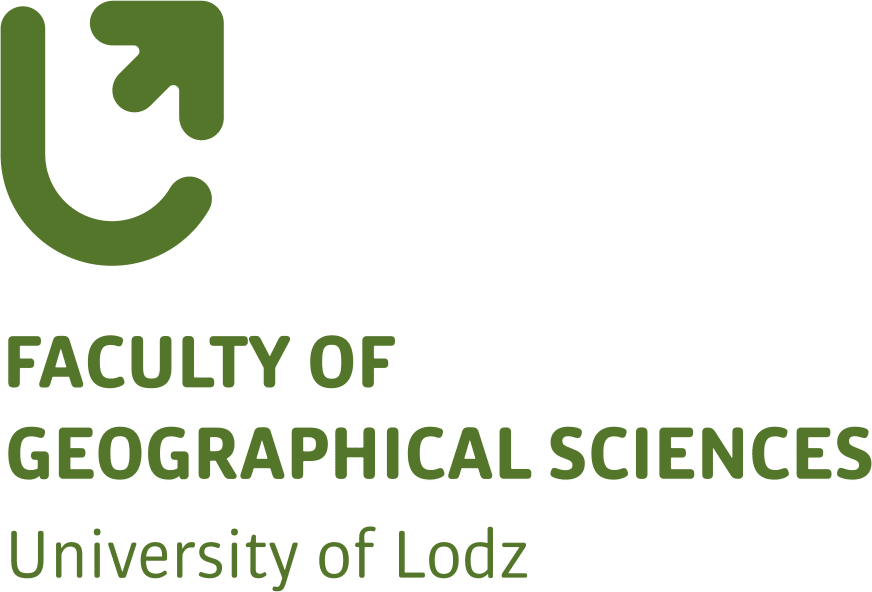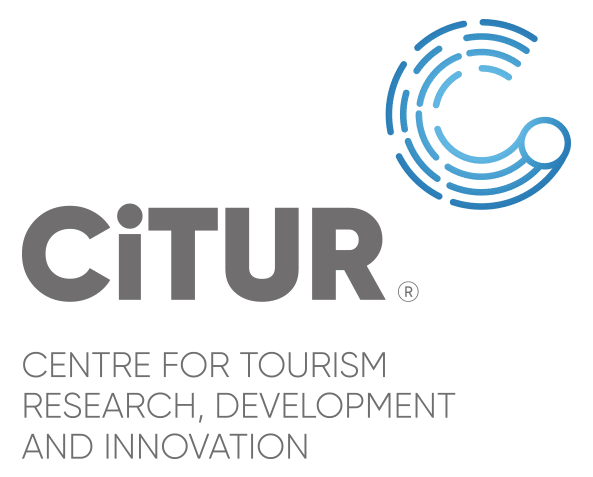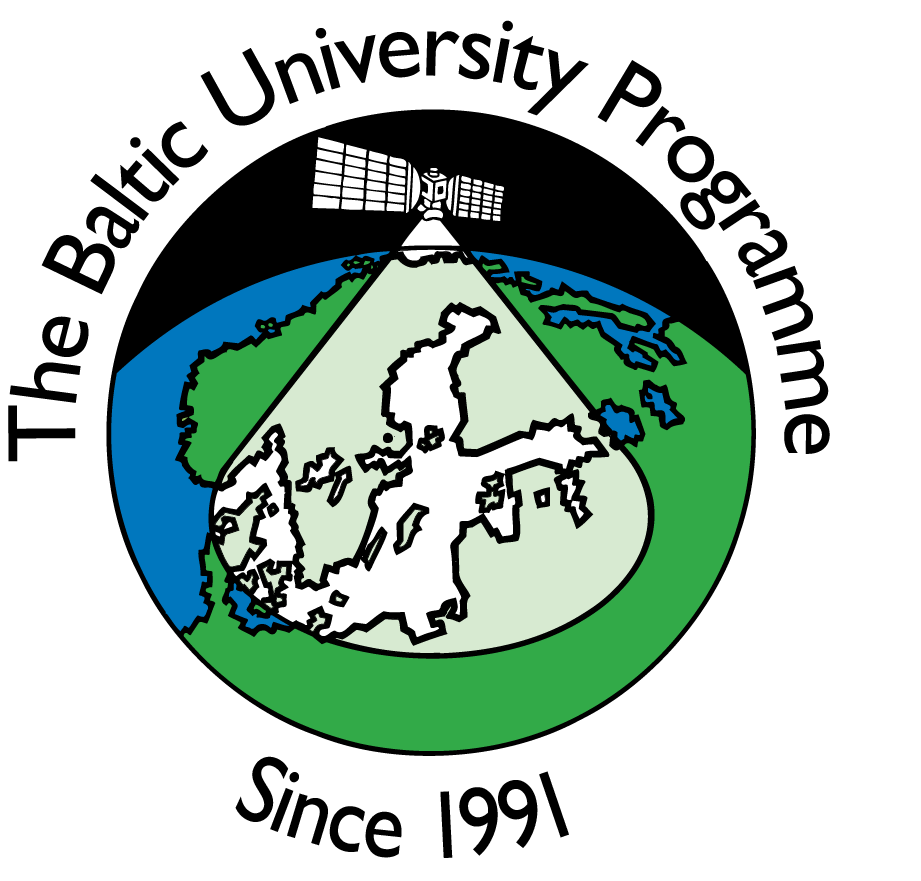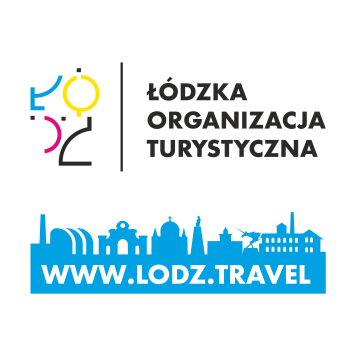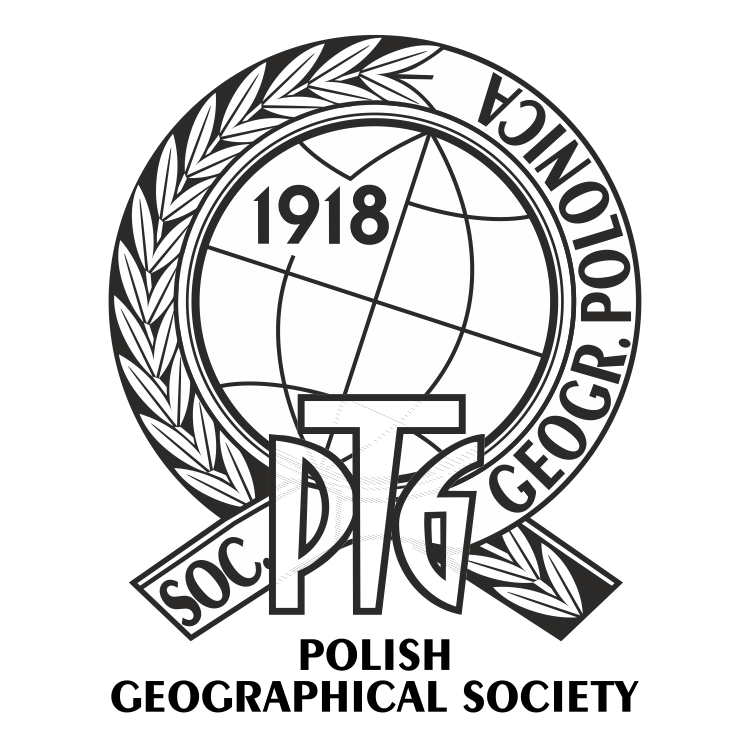International Tourism Congress ITC2022 was organized by the Faculty of Geographical Sciences, University of Lodz (Poland) in cooperation with CiTUR Centre for Tourism Research, Development and Innovation. ITC2022 was also final event disseminating achievements of the SPOT project. The event was supported by the Lodz Tourism Organisation, the Baltic University Programme, and the Polish Geographical Society. We met both online and in person in Lodz on 16th to 19th of November, 2022.
Participants of ITC2022 were affiliated to institutions from all over the world, but mostly from Poland (the country where the congress was organised) and Portugal (the country of CiTUR – scientific centre owning the congress brand). Distance matters. Thus, Poles were eager to participate on-site rather than online, while people from other countries preferred to join ITC2022 online. 181 people participated in the congress in total, including 106 on-site participants, and 75 online.
Local organising committee, in cooperation with CiTUR ITC Board, decided to announce the call for sessions first, and then – call for abstracts. This allowed to select the most important topics to be discussed during ITC2022, and structure the discussion in consequence. Interestingly, some topics proposed by most influential researchers have not attracted the attention of a wider audience. On the one hand, broad discussion about sustainable development and tourism was identified as too general. On the other hand, deliberations on youth tourism and sustainability of air transportation were indicated as too narrow. Unfortunately, we were not able to discuss theoretical and methodological fundamentals of tourism research. Missing submissions related to this topic seem to be worrying. It must be emphasized that lack of discussion about the theoretical foundations of tourism research can lead to a significant deterioration its quality.
Discussions on recovering financial sustainability of tourism as well as experiential tourism were found as most popular. This confirms the strength of growth-oriented paradigm of tourism development. However, an increasing interest in environmental context of tourism (see discussion on climate challenges of tourism), as well as social one (see sessions devoted to the issues of accessible tourism and cultural tourism) is very promising. Thanks to the support of Baltic University Programme, the inspirational discussion on sustainable tourism in Baltic Sea Region was organised.
The special plenary session on sustainable spatial planning of tourism destinations was organised to disseminate the achievements of the Erasmus+ SPOT project. The research was conducted to investigate the spatial planning issues of tourism development in the following types of landscapes: vineyard, mountain, coastal, industrial, and rural. This allowed to identify spatial contexts of various factors deteriorating tourism sustainability, e.g. 1) seasonality of tourism, 2) dominance of supralocal structures over local ones, 3) dominance of neoliberal paradigm of growth in tourism destinations, and 4) leading role of tourism industry in tourism destinations over needs of local communities. Students were involved in the research process. And, as the result, the innovative method of “teaching by researching” was elaborated during the SPOT project, and discussed during ITC2022.
Photos of ITC2022. International Tourism Congress

